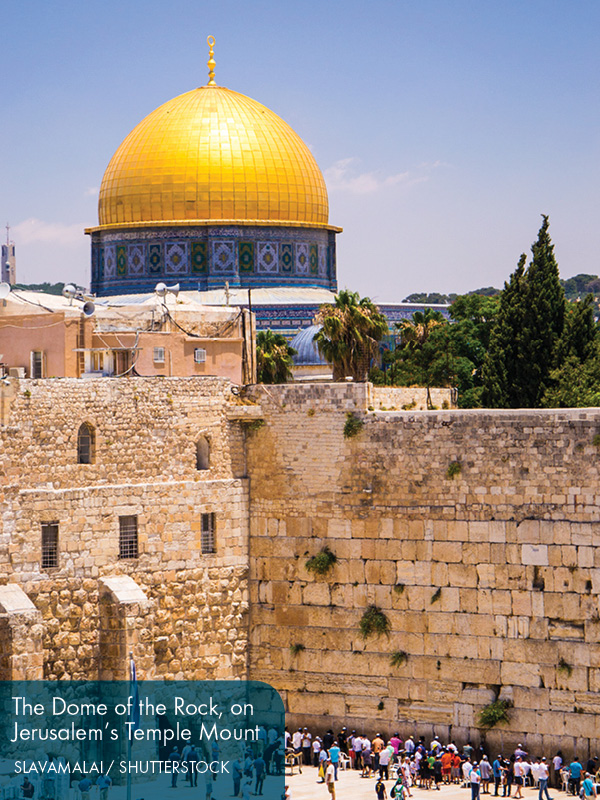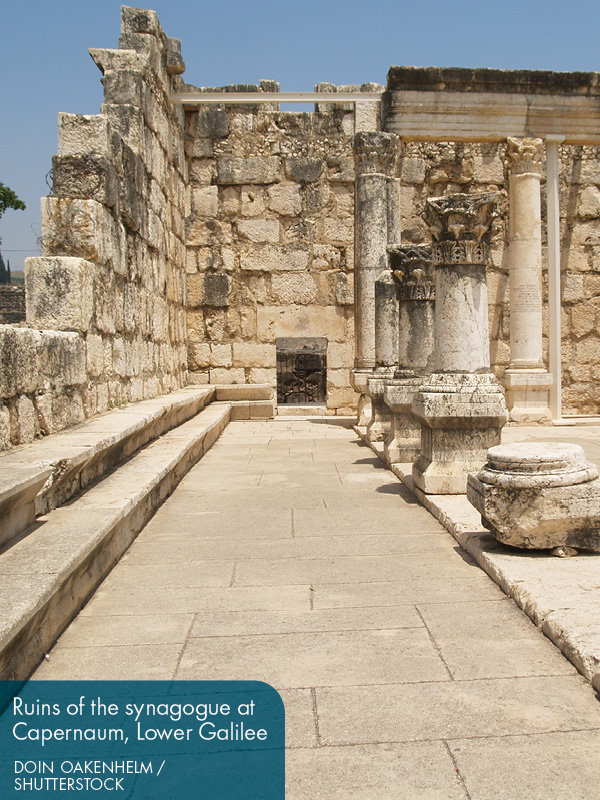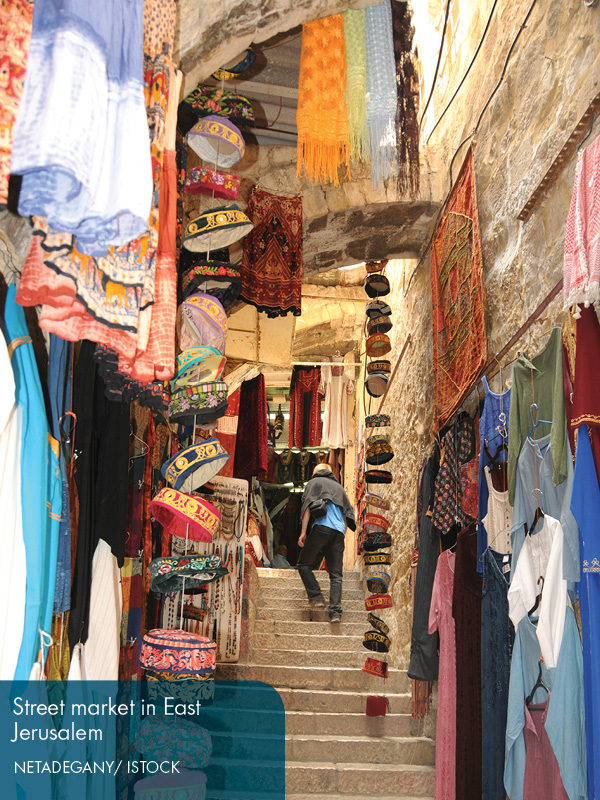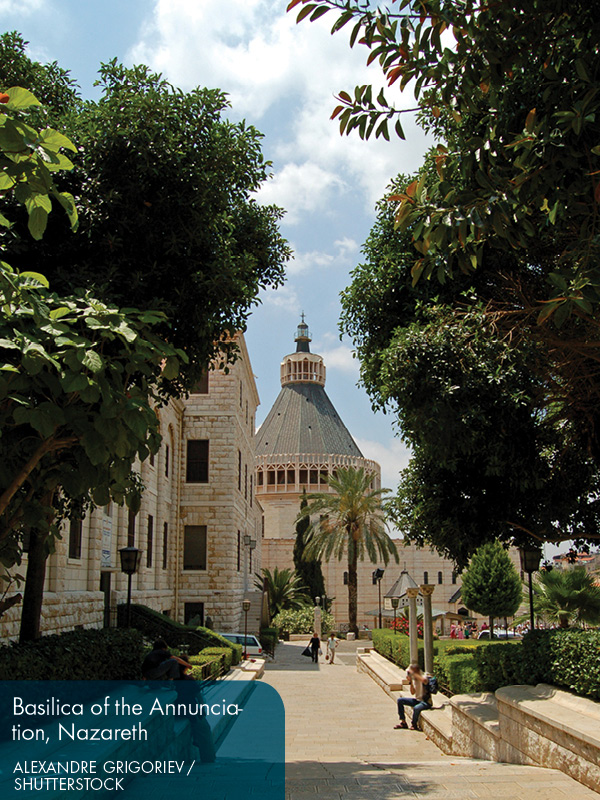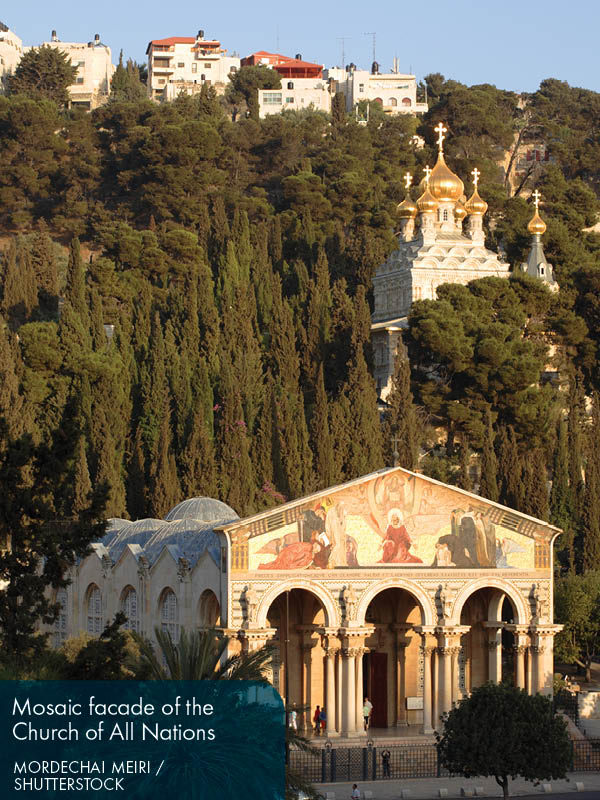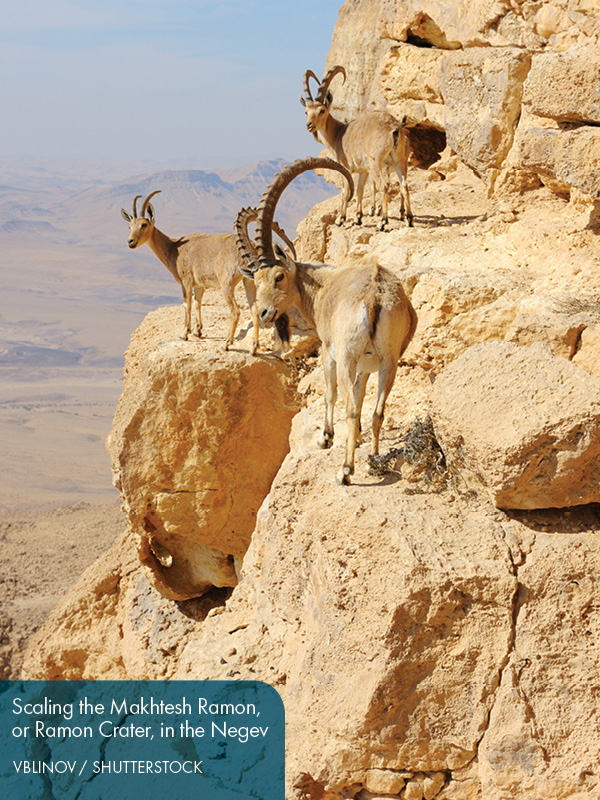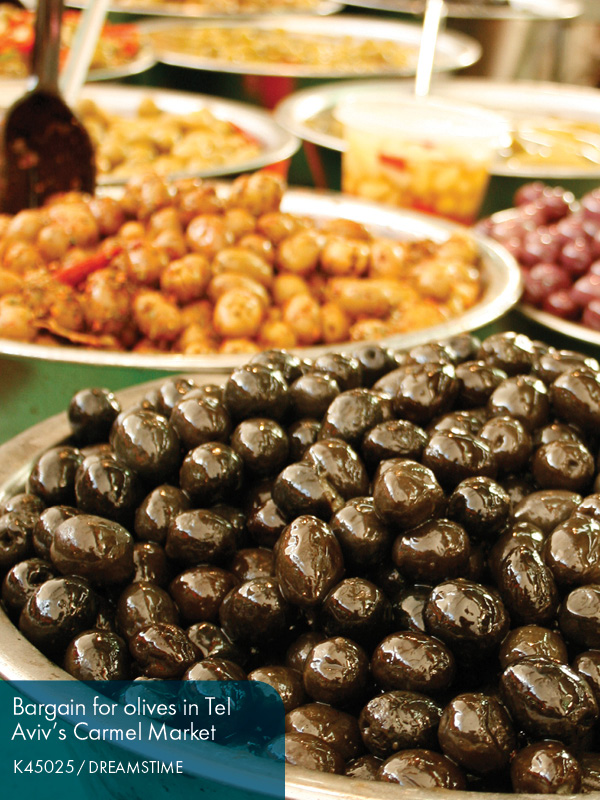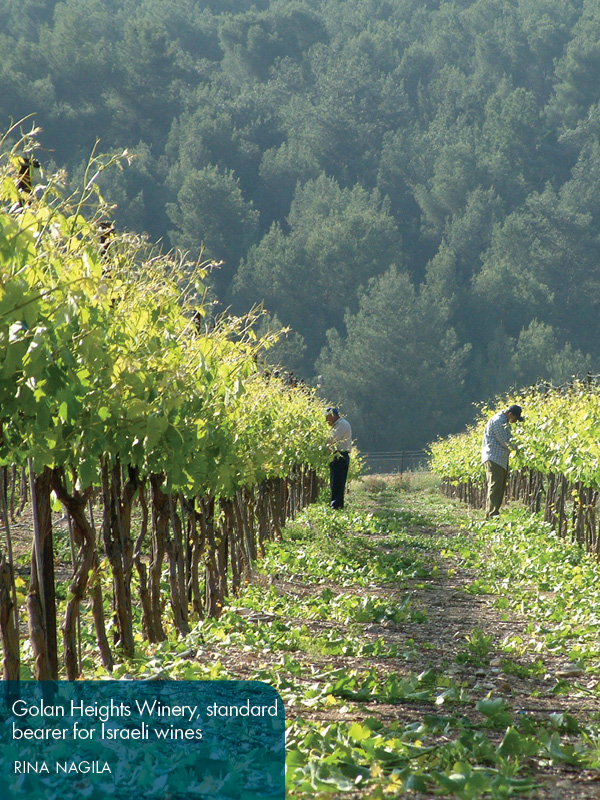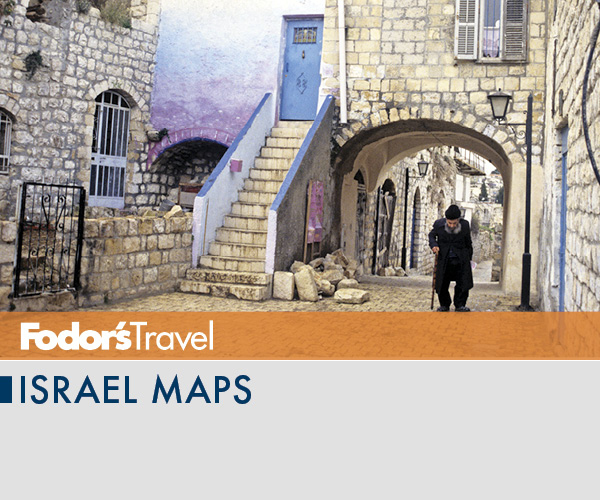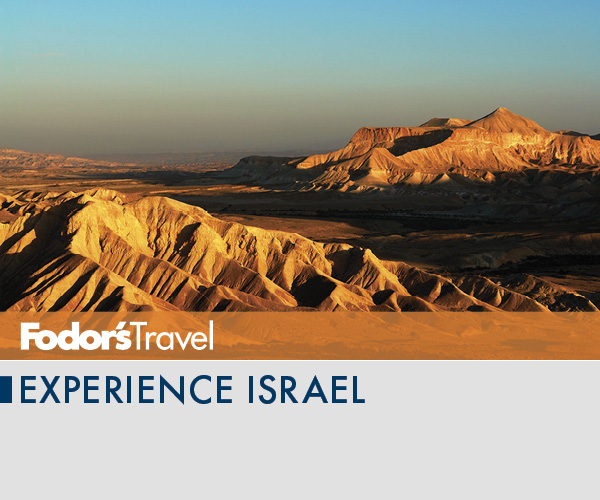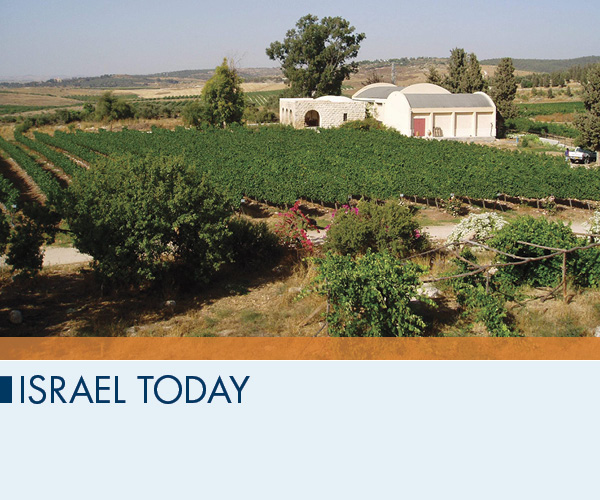Israelis are at once warmly hospitable and feisty. The countrys ethnic, religious, and political mix, endlessly fascinating, can be exasperating as well. But, with legendary resilience, Israelis thrive on complexity, and life between the headlines is astonishingly normal.
A Vibrant Economy
Israels founding fathers were socialists and its early economy largely agrarian. Thats history, though. Agriculture today is sophisticated and technology-based, but its share of the countrys exports is under 3%, as the economy has burgeoned and reinvented itself.
With few natural resourcesbeyond newly discovered natural gasthe human factor was always crucial. Diamond cutting, an early initiative of Jewish refugees from wartime Holland and Belgium, supplies some 40% of the worlds cut and polished stones and 20% of all Israels exports. Tourism is big, of course, with 3.5 million visitors a year, mostly Holy Land pilgrims and Jewish roots travelers. The recent discovery of underwater gas fields off the coast of Haifa has Israel poised to become an energy exporter to Egypt and Jordan.
The real story of the last quarter century is high-tech. Israel is second only to the United States in the number of start-ups; computer systems, imaging, medical research, and biotech are leading specialties; and Israeli companies with attractive expertise are constantly being snapped up by big foreign corporations.
The countrys financial environment, including vigilant bank regulation, has helped it weather global crises better than most. In 2010, Israel was accepted into the Organisation for Economic Co-operation and Development (OECD), yet the gap between the haves and have-nots is high, and one out of every five Israeli families lives below the poverty line.
The Palestine Conundrum
Relations between Israel and the Palestinians have always been fraught. There is mounting concern that time is running out for a two-state solution, which envisages Israel and a viable sovereign Palestine state existing alongside each other. No other options have gotten widespread support on either side.
In 2012 the Palestinian Authoritys president, Mahmoud Abbas, requested and received a status upgrade at the United Nations. The status changed from non-member observer entity to non-member observer state, which seems to indicate that the U.N. might eventually consider recognizing Palestinian statehood. The Palestinian Authority controls the West Bank, one of two Palestinian territories. It has virtually no sway in Gaza, which is run by Hamas, Fatahs Islamist rivals who were locked in conflict with Israel in July and August of 2014.
The latest bout of fighting between Israel and Palestine has highlighted the rift in Palestinian society: Hamas-controlled Gaza continues to have conflicts with Israel while the Palestinian Authoritycontrolled West Bank makes tiny steps at the grassroots level of cooperation between Israeli and Palestinian entrepreneurs, artists, and teachers.
Beyond the Headlines
Israel is so often a source of breaking news that its life beyond the headlines seems like a well-kept secret. The big cities are very cosmopolitan; a vigorous Israeli film industry has won kudos and awards at international festivals; and the nationwide Book Week is a major cultural event. Classical orchestras, ensembles, and solo artists perform in Israel and abroad. Athletes have enjoyed occasional bright moments on the Olympic podiumthough Israeli Paralympians are always among the medalsand in European club basketball. Israel is a world-class chess nation, as Israelis proudly discovered when grandmaster Boris Gelfand challenged the world champion in 2012: the Israeli was just edged out in a sudden-death tiebreaker.
Academia is strong. Eight Israelis have been awarded Nobel Prizes since 2002six in chemistry and two in economics. Innovative research groups continue to make important biological and medical breakthroughsat the conceptual, technological, and pharmacological levelsfor the treatment of cancer and many other diseases, in fields like nanotechnology and stem-cell treatment.
In the important business of Arab-Jewish relations (within Israel), much needs to be done; but there are joint business ventures, bilingual theater groups and bands, and interschool dialogue and collaborative projects.
Greening Israel
Israels chronic water shortage has spurred the search for creative solutions. Drip irrigation is a clear winner; seawater desalination and wastewater treatment (an extraordinary 75% reclaimed) top up the reserves. Rooftop solar panels for domestic water heaters punctuate city skylines, and small solar-energy plants operate in the Negev Desert. Israel has embraced green concepts, developing and often exporting homegrown environmental products and technologies. Cities are widening their recycling programs, encouraging bikers, and improving public transportation. Organic produce is easier than ever to come by.
Judaism in Israel
Theres no firm separation of religion and state in Israel. Matters of personal statusmarriage, divorce, adoption, and conversionare the preserve of the religious authorities of the community concerned. For this reason theres no civil marriage; if one partner doesnt convert to the faith of the other, the couple must marry abroad. Within the Jewish community, such functions fall under the supervision of the Orthodox chief rabbinate, much to the dismay of members of the tiny but growing Conservative and Reform movements and of the large number of nonobservant Jews.









